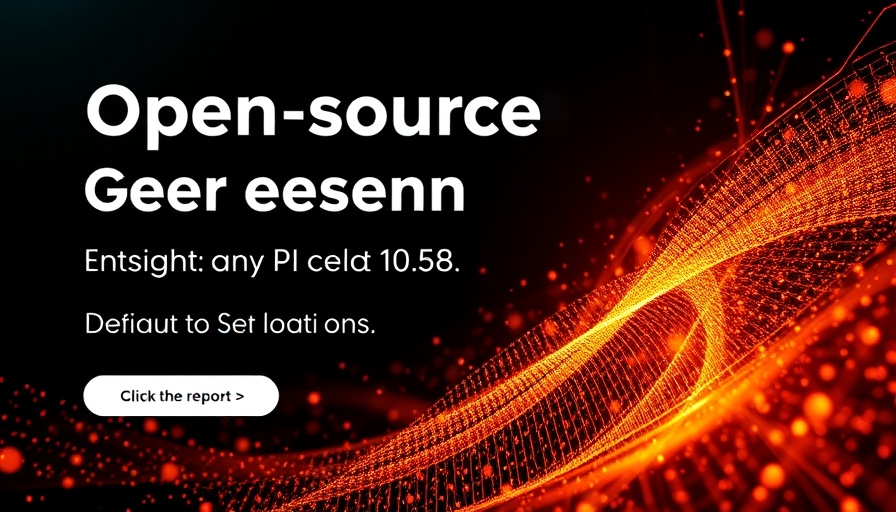
Imagining a Post-Work Economy
As we stand on the brink of an unprecedented shift in the labor market, the conversation surrounding a potential post-work economy is gaining momentum. With the convergence of artificial intelligence and automation leading toward a future where only 20% of the workforce might need to be employed, one cannot help but ponder what that world would look like.
The Role of AI in Work Transformation
Artificial intelligence (AI) technologies such as machine learning and natural language processing have begun automating tasks traditionally performed by humans. This transformation poses both challenges and opportunities. For some, AI heralds a wave of productivity and efficiency, while for others, it represents the harbinger of unemployment. As businesses increasingly adopt AI-powered solutions, they must grapple with the ethical implications and responsibilities that accompany such advancements.
Social Implications and Ethical Considerations
In this emerging landscape, where work is supplanted by technology, the social fabric may also undergo significant transformations. Issues surrounding economic disparities, human rights, and privacy will take center stage. As jobs disappear, the question arises: how can societies ensure equitable access to resources while maintaining the human experience at the core of economic interactions?
Future Predictions: A New Work-Life Balance
The potential shift toward a post-work economy could usher in innovative ways for individuals to engage with society. Imagine a world where creativity, collaboration, and lifelong learning become the new currency. Rather than being defined by their jobs, individuals may find new ways to contribute to their communities and pursue personal interests. This vision raises the stakes for ongoing discussions about ethical AI development and its alignment with human values.
Taking Action in an AI-Driven World
For those who are anxious about a future with diminished employment, there are actions that can be taken. Embracing AI literacy and understanding its benefits is crucial for adaptation. Engaging in discourse on ethical AI and advocating for responsible development can shape how these technologies are integrated into society.
As we prepare for these potential developments, reflecting on our values and the roles we as humans will inhabit in a future interwoven with artificial intelligence becomes essential. The balance we strike between embracing technological innovation and nurturing our humanity will define the landscape of the years to come.
 Add Row
Add Row  Add
Add 




Write A Comment